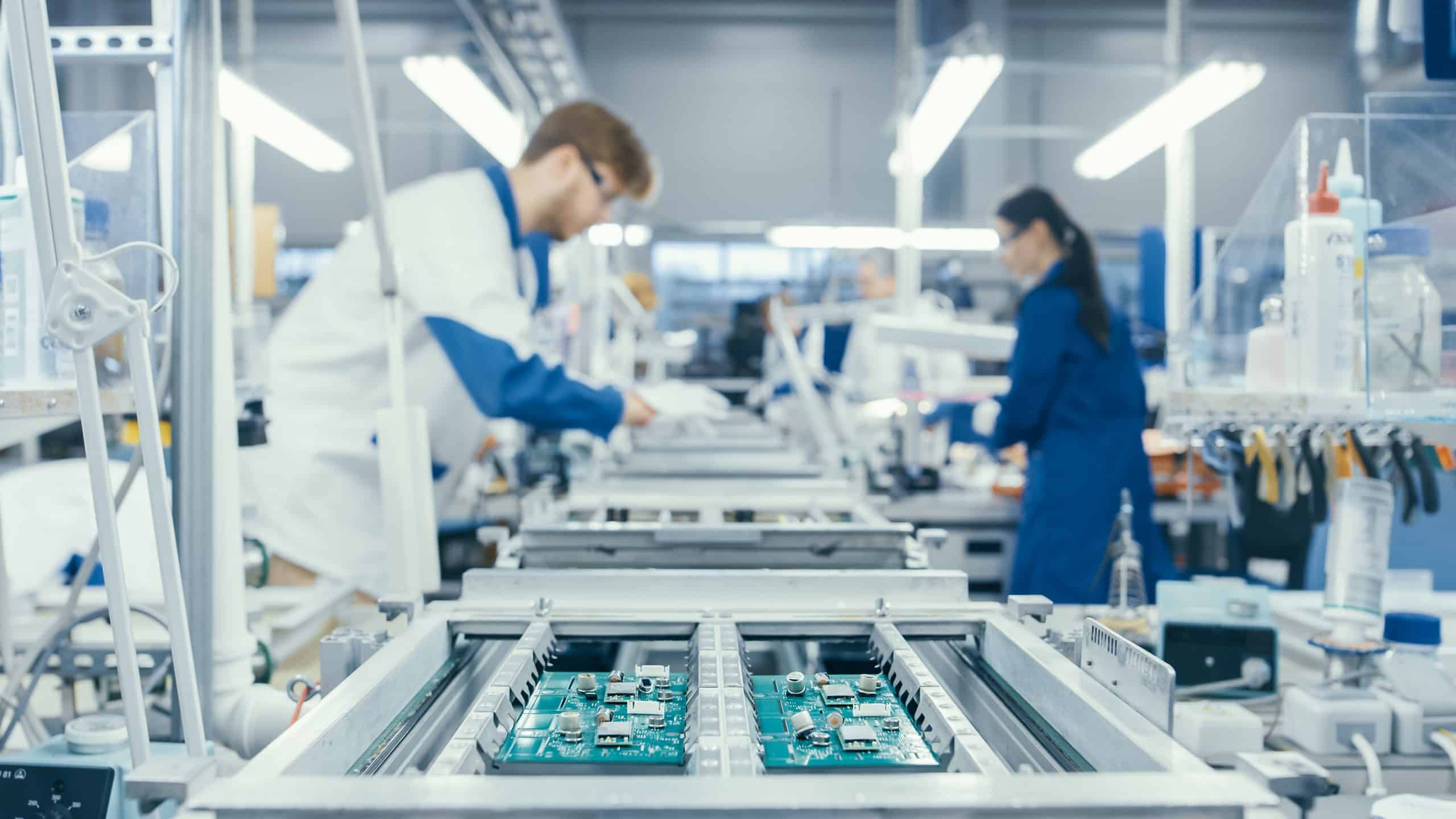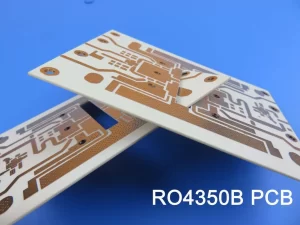目录
ToggleIntroduction: Understanding the Importance of IPC Standards Compliance in PCB Production
In the world of electronics manufacturing, printed circuit boards (PCBs) play a crucial role in ensuring the functionality and reliability of electronic devices. As technology continues to advance at a rapid pace, the demand for high-quality PCBs has never been greater. To meet these demands, manufacturers must adhere to industry standards that guarantee excellence in PCB production. One such standard is the IPC (Association Connecting Electronics Industries) standards, which provide guidelines and requirements for the design, fabrication, and assembly of PCBs.
The Role of IPC Standards in Achieving High-Quality PCBs
IPC standards serve as a benchmark for manufacturers to achieve high-quality PCBs. These standards cover various aspects of PCB production, including design, materials, manufacturing processes, and testing. By following these standards, manufacturers can ensure that their PCBs meet the necessary requirements for functionality, reliability, and performance.
One key aspect of IPC standards is the design guidelines they provide. These guidelines help designers optimize the layout and routing of PCBs, ensuring proper signal integrity, power distribution, and thermal management. By adhering to these guidelines, manufacturers can minimize the risk of signal interference, power loss, and overheating, resulting in improved overall performance and reliability of the PCB.
Implementing IPC Standards: Key Steps to Ensure Excellence in PCB Production
Implementing IPC standards in PCB production requires a systematic approach that involves several key steps. The first step is to establish a comprehensive quality management system (QMS) that aligns with IPC standards. This includes defining processes, procedures, and documentation requirements to ensure consistency and traceability throughout the production process.
The next step is to train and educate employees on IPC standards and their importance in achieving high-quality PCBs. This includes providing training on design guidelines, material selection, manufacturing processes, and testing procedures. By equipping employees with the necessary knowledge and skills, manufacturers can ensure that IPC standards are effectively implemented at every stage of PCB production.
Another crucial step is to regularly audit and assess the compliance of the production process with IPC standards. This involves conducting internal audits and inspections to identify any deviations or non-compliance issues. By addressing these issues promptly, manufacturers can maintain the highest level of quality and ensure that their PCBs meet the required standards.
Benefits of IPC Standards Compliance: Enhancing Quality, Reliability, and Customer Satisfaction in PCB Manufacturing
Compliance with IPC standards offers numerous benefits to manufacturers in terms of quality, reliability, and customer satisfaction. Firstly, adhering to IPC standards helps manufacturers produce PCBs that meet or exceed customer expectations. By following industry-recognized guidelines, manufacturers can ensure that their PCBs are reliable, durable, and perform as intended, leading to increased customer satisfaction and loyalty.
Secondly, IPC standards compliance enhances the overall quality of PCB production. By implementing standardized processes and procedures, manufacturers can minimize errors, defects, and rework, resulting in improved product quality and reduced production costs. This, in turn, leads to higher yields, faster time-to-market, and increased profitability for manufacturers.
Furthermore, IPC standards compliance also contributes to the reliability of PCBs. By following design guidelines and manufacturing requirements, manufacturers can minimize the risk of failures, malfunctions, and premature aging of PCBs. This is particularly important in industries where reliability is critical, such as aerospace, automotive, and medical devices.
In conclusion, achieving excellence in PCB production requires manufacturers to adhere to IPC standards. These standards provide guidelines and requirements that ensure high-quality PCBs, from design to manufacturing and testing. By implementing IPC standards, manufacturers can enhance the quality, reliability, and customer satisfaction of their PCBs, leading to improved overall performance and competitiveness in the electronics industry.
OEM Services
https://www.facebook.com/profile.php?id=100086889766737





